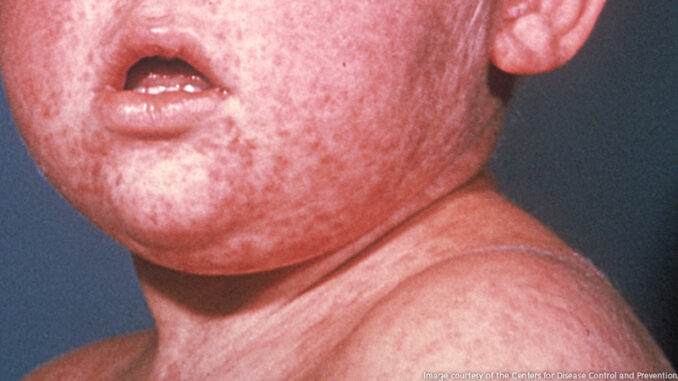
Saudi Arabia’s King Abdullah Dies

Abdullah bin Abhulaziz Al Saud, who was Saudi Arabia’s reigning king since 2005 (and de-facto leader since 1995), died on January 23. Aged 90, Abdullah had been diagnosed with lung cancer and died in the hospital shortly after being admitted for pneumonia. Leaders from more than ten countries, including President Obama, French President Francois Holland, British Prime Minister David Cameron and King Felipe VI of Spain attended the funeral held in Riyadh, the capital of Saudi Arabia. The new king, Salman bin Abdulaziz Saud has publicly pledged to continue the current foreign and energy policies.
King Abdullah’s legacy is divided into positive and negative qualities. There are those who will remember him for his reforms, like being the first to appoint women to high-level government offices. He also enacted a government-sponsored scholarship program that allowed thousands of students to study abroad. A heightened national security managed to nearly eradicate terrorism in the country. One of the biggest criticisms of the King is a terrible human rights record. The laws in Saudi Arabia are very strict and include excessive punishments for even minor crimes. Despite the advances made by women in the government, women are still considered to property of her male relatives.
Dig Deeper Do some research into Abdullah’s successor, Salman. Besides the foreign and energy policies mentioned above, what plans does the new king have for leading his country?
Measles Outbreak
The Centers for Disease Control (CDC) has said that there were 288 reported cases of measles in 2014. It was the largest number of cases seen in twenty years. That number increased by 68 in 2015, mainly due to an outbreak at Disneyland in California. Measles had been considered “eliminated” in the United States in 2000 (which means there were no cases reported for one year). The recent resurgence of the disease is being caused by a combination of people traveling to countries where there is little or no vaccination, and a growing number of people in the United States who are purposely not having their children vaccinated.
Measles is a highly contagious, airborne, viral illness. Symptoms include high fever, cough, diarrhea, conjunctivitis (pink eye), grey spots in the mouth and throat, and a spotty rash. In rare cases, it can lead to encephalitis, which can lead to permanent brain damage or death. Someone can have the disease for ten days for up to ten days without exhibiting any signs and still transmit it to others. The CDC advises that vaccination is the most effective way to prevent measles. However, there is a growing anti-vaccination movement where parents are choosing to not vaccinate their children for religious reasons or because they believe vaccines are linked to autism–though this argument has been disproved by much scientific and medical study.
What Do You Think? Are you vaccinated? (If you’re not sure, ask your parents.) If so, do you think it is a good idea to suggest that public places like Disneyland should ban those who have not been vaccinated from their facilities? Why or why not?
Al-Qaeda in Yemen
Since the mass-protests (collectively called the Arab Spring) lead to Yemen President Ali Abdullah Saleh to step down in 2011 after more than twenty years in power, there has been continued unrest in that country. Abed Rabbo Mansour Hadi, Saleh’s replacement (and strong ally of the U.S.) recently resigned under pressure from a Shiite rebel group called the Houthis. The Houthis is led by Abdulmalik Houthi. This group (also known as AQAP–al-Qaeda in the Arabian Peninsula) has been trying to take control of the government since 2004. They are linked to al-Qaeda and were directly responsible for carrying out the deadly attacks in Paris.
Political experts say that Hadi’s resignation and the increasingly aggressive actions of AQAP has plunged Yemen into a “dangerously uncertain political moment.” If the rebel group becomes successful in fully taking control of the government, the United States will lose much of its ground in attempting to stop al-Qaeda in the region. Many fear it will plunge Yemen into a dangerous civil war. The U.S. State Department announced it would close the U.S. Embassy in the capital city of Sanaa out of concern for the safety of its employees.
